Cartoon Saloon is really coming into its own with its distinct style of art, and personal narratives to tell compelling stories about the world. The 2017 film The Breadwinner is one of the most haunting English animation films I have ever seen. And the studio lived up to that, with another powerful story in Wolfwalkers. It’s about a misfit girl Robyn who ventures outside into the woods and becomes friends with a mysterious girl Mebh who morphs into a wolf. She has a personal vendetta against people because they’re encroaching into the woods. However, she’s timid when friendly, and once even vulnerably admits her mother is missing. At night, Robyn discovers she’s morphed into a wolf.

It’s a vampire-esque origin story, with Robyn’s morphing triggered by Mebh’s bite mark, which she made as a wolf. To avoid spoilers, it’s not possible to go into details about how extensively the film develops the metaphor for being queer. Robyn can live up to her free-spirited soul, and runs through the forests with her new friend Mebh after she transforms into a wolf at night. The bite mark is practically a euphemism for the eye-opening experience many have, which makes them realize why they were not fitting into this aggressively heteronormative world. Often it takes another person to show us our truth, and then leave us to explore for ourselves. That’s exactly what the first half’s about.
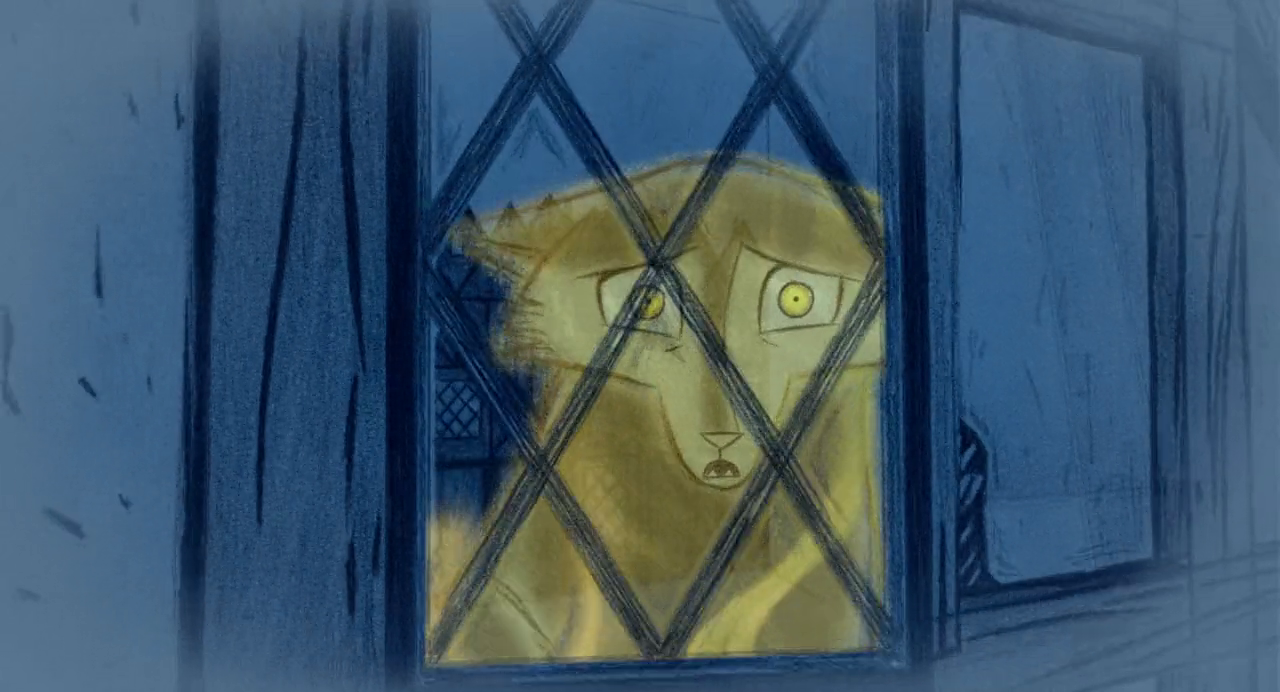
Luca, Disney’s pride month release, takes a slightly different approach. There, the story is told from the perspective of those who are aware of themselves. They consciously hide from the rest of the world. Here, they’re sea creatures which the people think are monsters. They never go to the land. However, when a kid, Luca, does cross over, he realizes, he gets transformed into a person, and can perfectly fit into the world. Here also, there’s another daring kid, Alberto, who guides him, like in Wolfwalkers with Mebh for Robyn. They feel adventurous and decide to try life as people for some time. It’s essentially the same story, however, when taken literally, the symbolism is a bit problematic.

If the monstrosity is really a metaphor for queerness, I’m not sure it sends a good message to depict them blending into the regular world, and finding it adventurous and fun. It almost gives being heterosexual, a ‘forbidden fruit’ touch. In fact, the conclusion of Luca makes it clear why they chose such a bizarre depiction, but that makes it feel quite like propaganda made to categorically come across as an ally. Actually, Luca is too much of a Disney movie to make sincere commentary. Wolfwalkers doesn’t shy away from portraying the dysphoria that arises from trying to belong in a heteronormative society. Luca does that too, but the beginning is the other way round and that’s a puzzling choice.

Many have said Luca is an animated kids version of Call Me By Your Name. Visually, I agree. It’s got a similarly dreamy colour palette, and the town looks familiar for anyone who’s seen the Guadagnino film. However, Call Me By Your Name, is actually more similar to Wolfwalkers thematically. There, the unsuspecting protagonist was introduced to their latent sexuality by another person, and they secretly explore that. In Luca, they’re both aware and are bored with being themselves, so they secretively pretend to be straight to reap the benefits of being heterosexual. There’s truth in the fact that there is hetero privilege in the world, but Luca never crosses the line into questioning the perception of heterosexuality as ‘normal’.
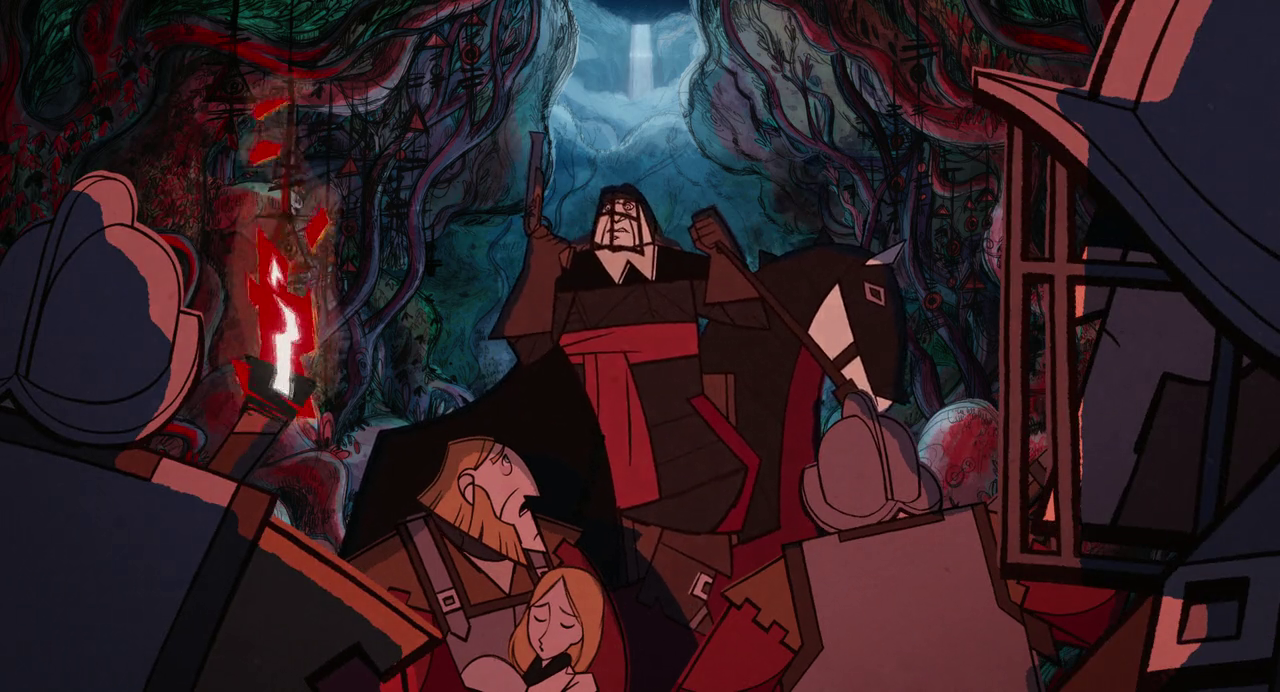
On the other hand, in Wolfwalkers, people are much more clearly demonized. You do not sympathize with them at all. You don’t for Luca, but you can conceive peaceful coexistence. Wolfwalkers goes a step further and includes commentary on why that’s a pipe dream for the moment. The literal fight for the basic necessities while being yourself is missing in Luca, because apart from a Vespa, nothing much seems to be missing from the underwater life, except for maybe being able to live on land. The people don’t get to live underwater, so it doesn’t feel much like a compromise. However, the wolves don’t get to live in the fortress, but people get to live in both places, in Wolfwalkers.
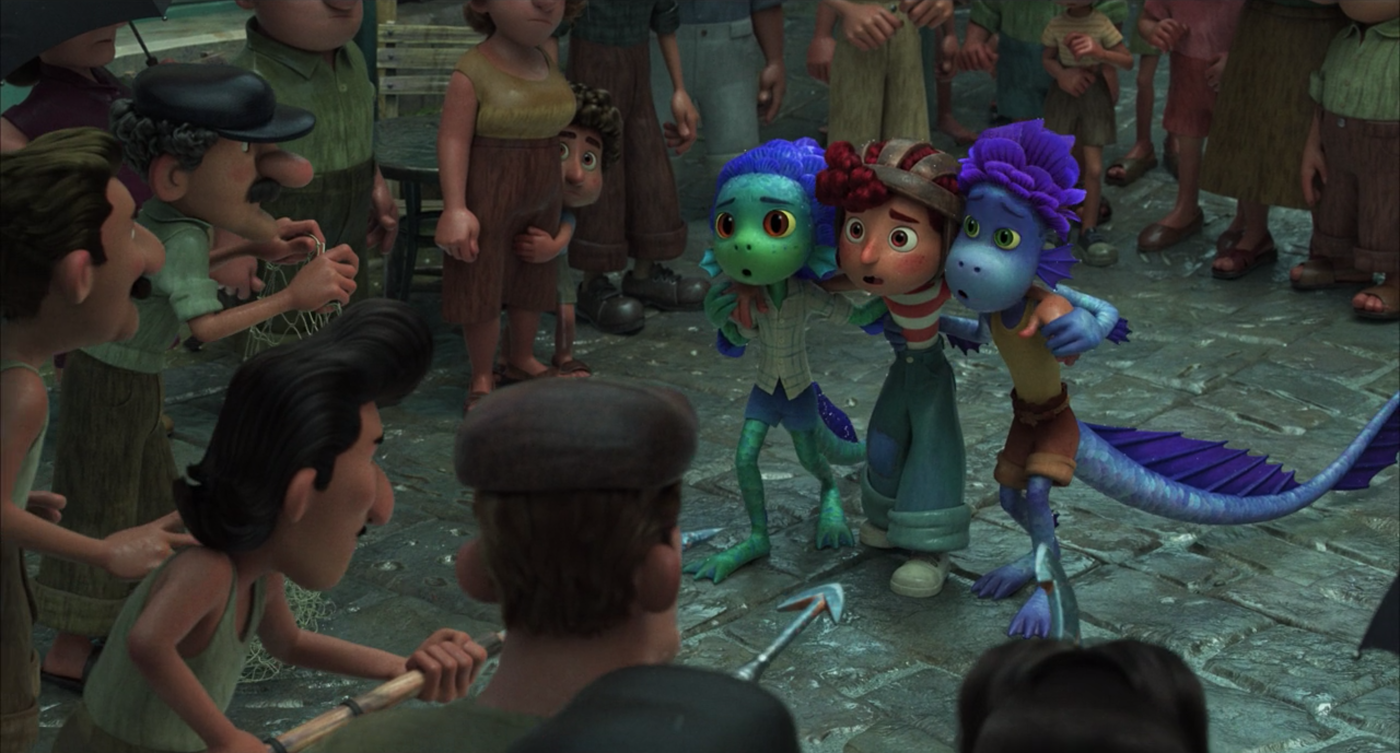
This might feel unnecessarily critical, but it’s this attention to detail that makes Wolfwalkers resonate more. Luca deserves praise for making a statement about the LGBTQIA+ community, but it often feels like a PR stunt. Luca seems to say the world gives more privilege to those who aren’t members of the community, but they have their own place in which they can absolutely thrive, and live a life of comfort. It’s more about getting people to accept queerness, than about portraying the harsh truths about how the world treats queer people. Wolfwalkers actually depicts that the same people who oppress the community, somehow manage to play the victim card for themselves, demonizing the minority.
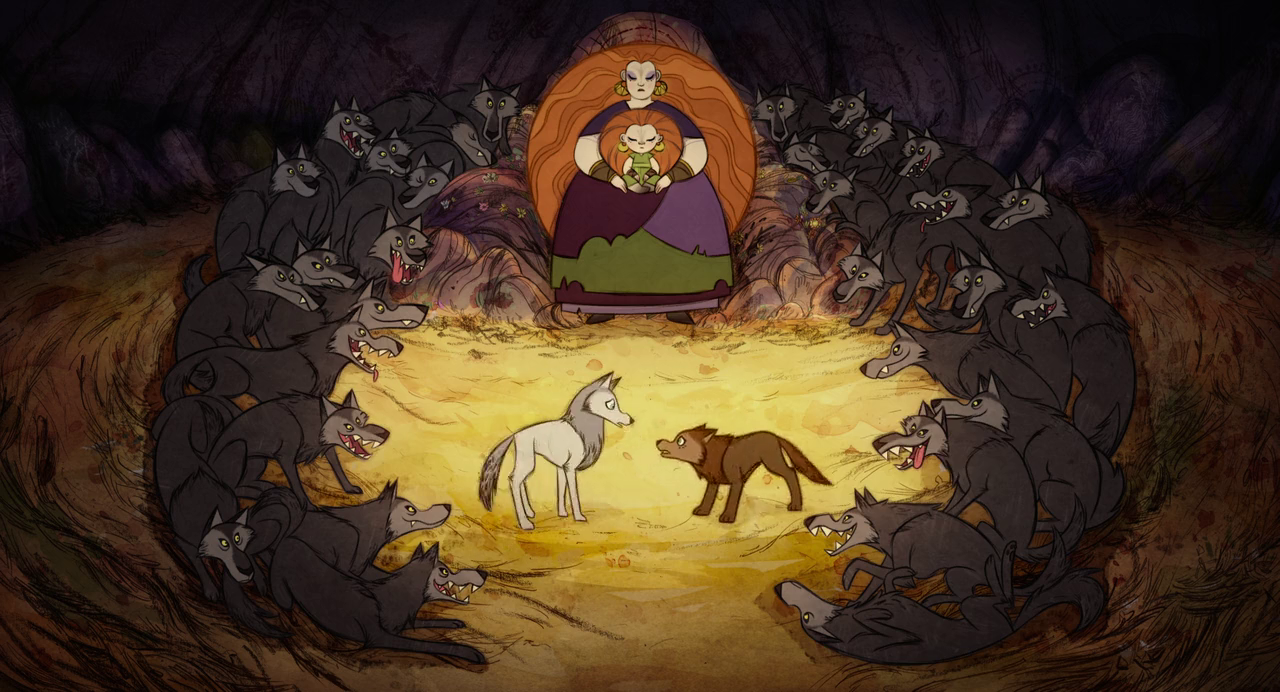
This is a matter of personal preference of course, but Wolfwalkers is better written. Luca gets lost in the summer vacation vibes at times and this undercuts the seriousness of the subject matter. Wolfwalkers is a very personal narrative, with the story being character-driven. It spends a majority of time with each character, focusing on their personal trepidations with their predicaments. In fact, the few scenes of pure joy when Mebh and Robyn are bonding are infectiously endearing because of the ominous atmosphere. For Luca and Alberto, the danger is also a bit overdramatized, as the Vespa which symbolizes all the straight privilege doesn’t feel like a terrible thing to forego.
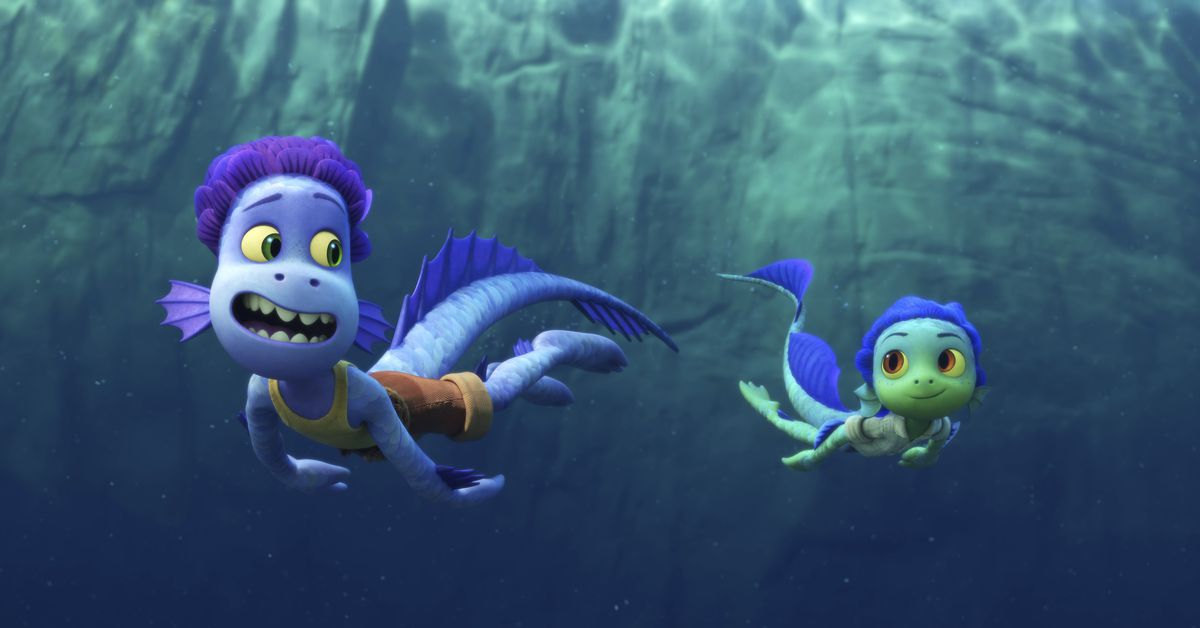
Aurora’s I’m Running With The Wolves Tonight beautifully captures the essence of freedom one experiences on realizing their true identity. The scene in Wolfwalkers when it plays is the most enjoyable sequence in the film. It’s a few minutes of unadulterated liberty when Mebh is teaching Robyn how to live as a wolf. This essentially acknowledges that even if it’s your truth, it’s often difficult to adjust to that because of who you’ve been all your life. The unlearning of the heteronormative standards is often a necessary step in coming out to yourself. On the other hand, Alberto teaching Luca how to be a human, seems very wrong, as it’s an absolutely counter-intuitive move, but it acknowledges the extent of brainwashing that the LGBT community faces at the hands of the world.
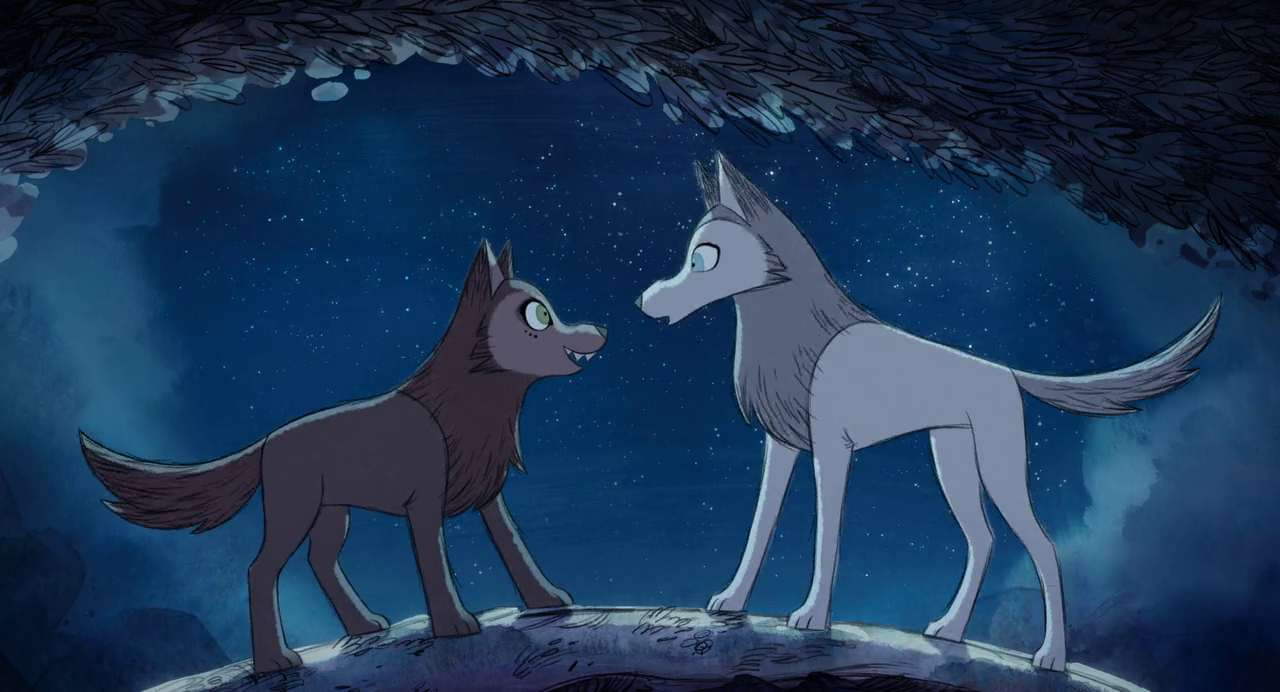
Luca is definitely a sincere effort from Disney, but it deserves scrutiny about some of the creative choices made. Wolfwalkers isn’t as cute. It’s heavy, but also much more personable, and is definitely a very rewarding watch. It’s criminally underrated, considering Luca’s reception. It was released just a year ago, and even if it did get an Academy Award nomination, it should be more talked about.
Wolfwalkers:
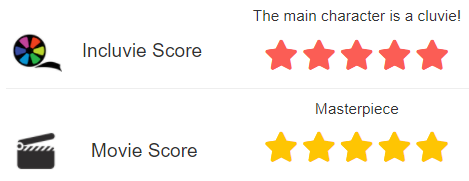
Luca:
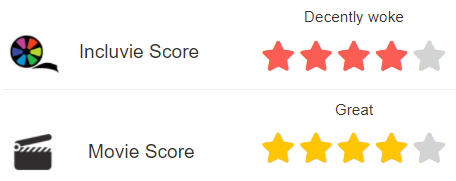
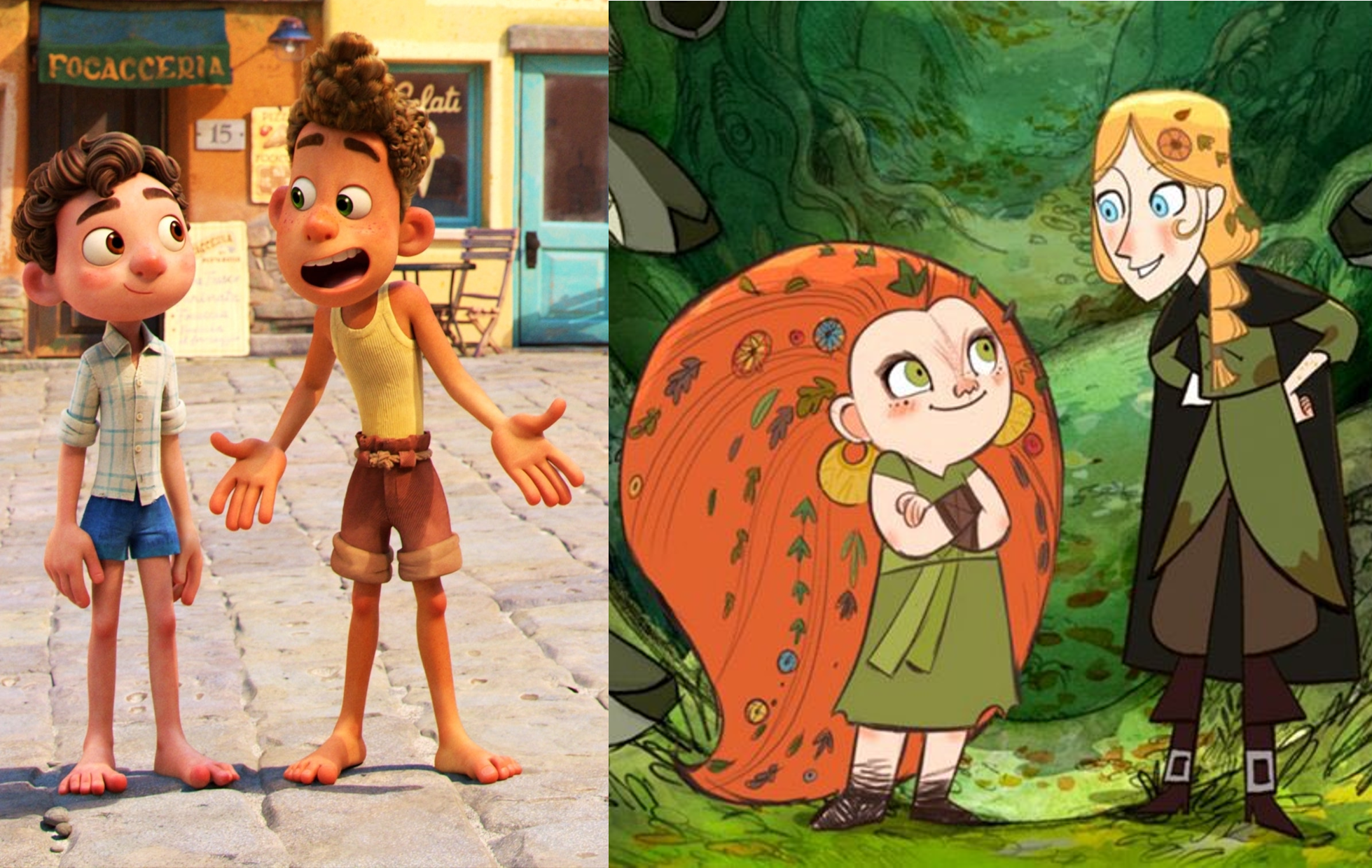
Comments